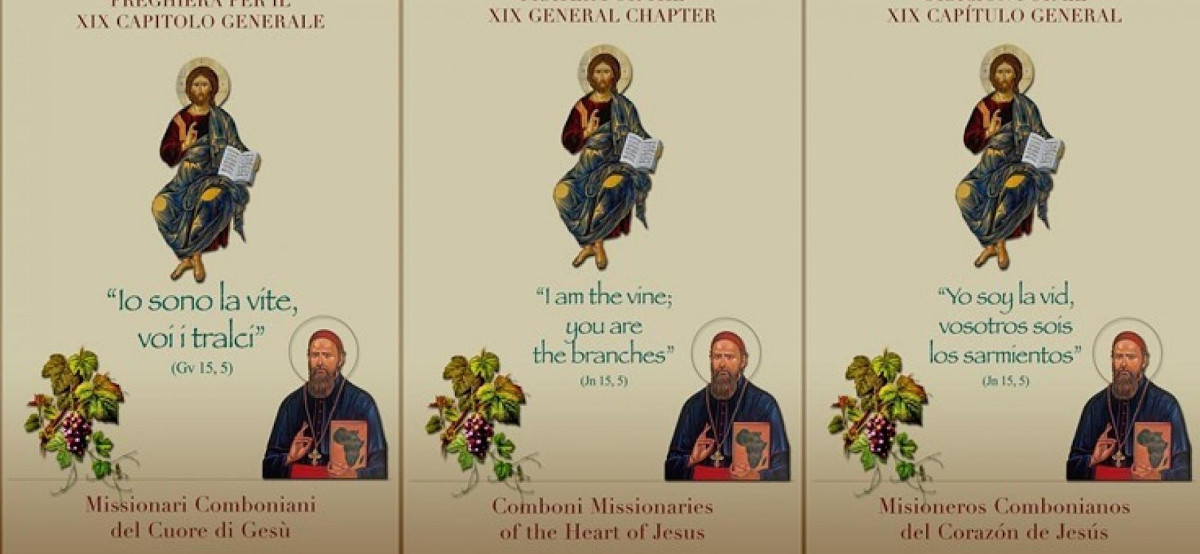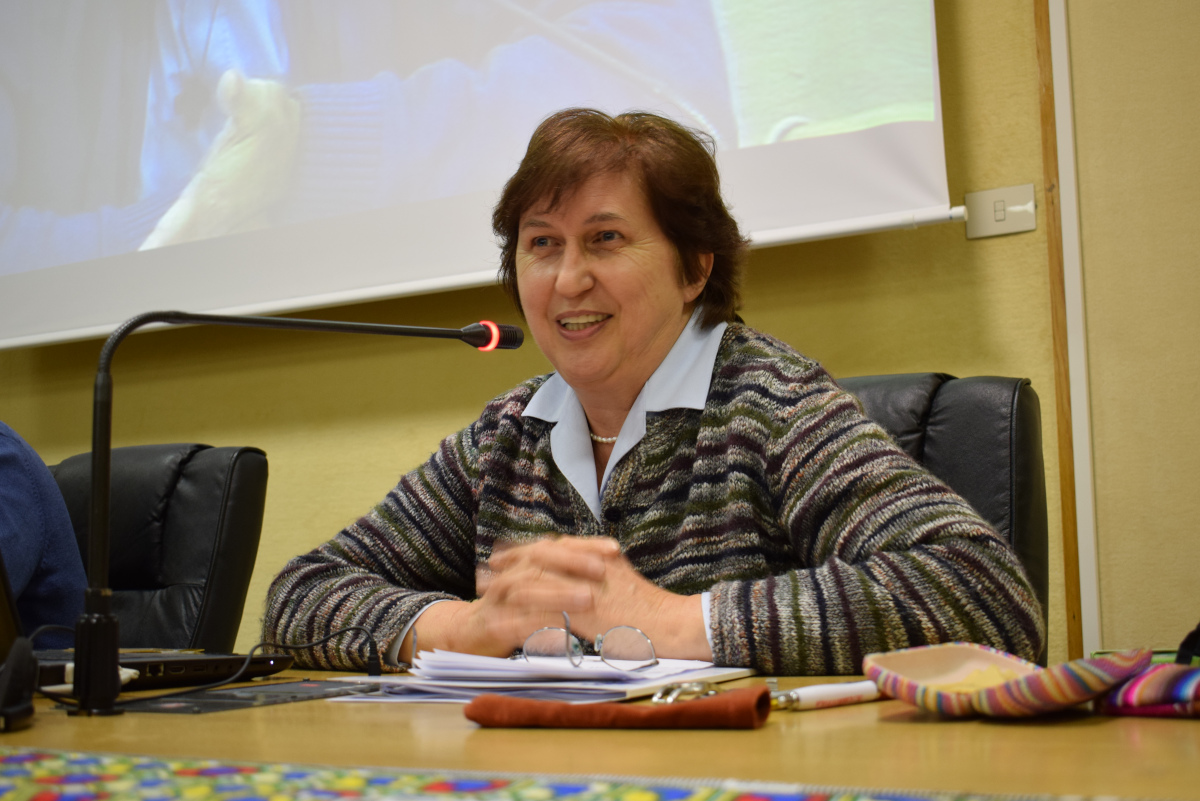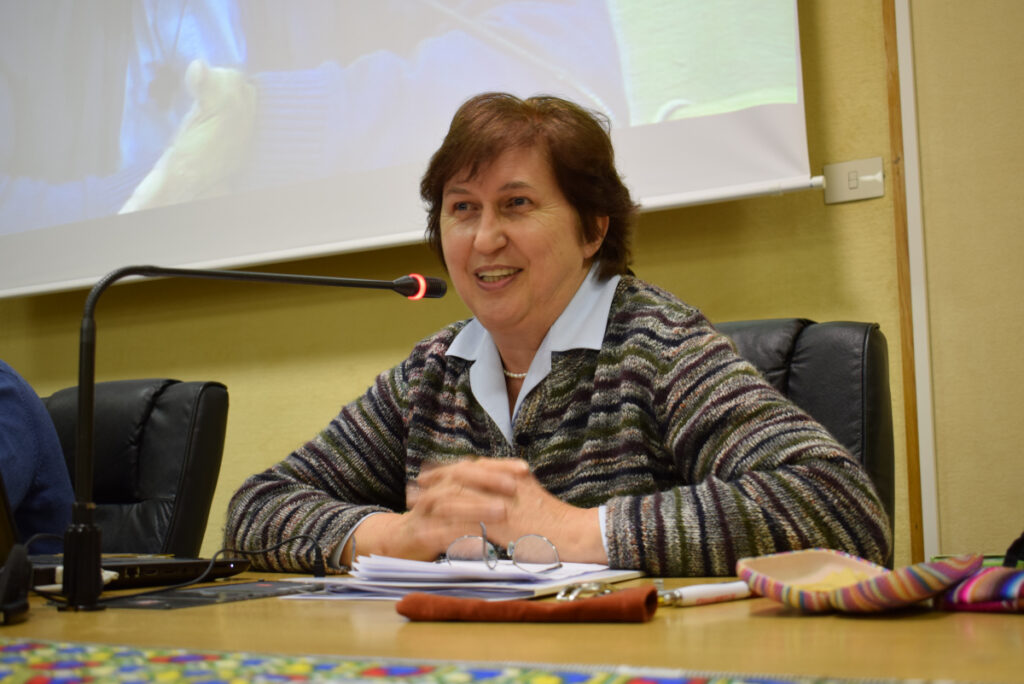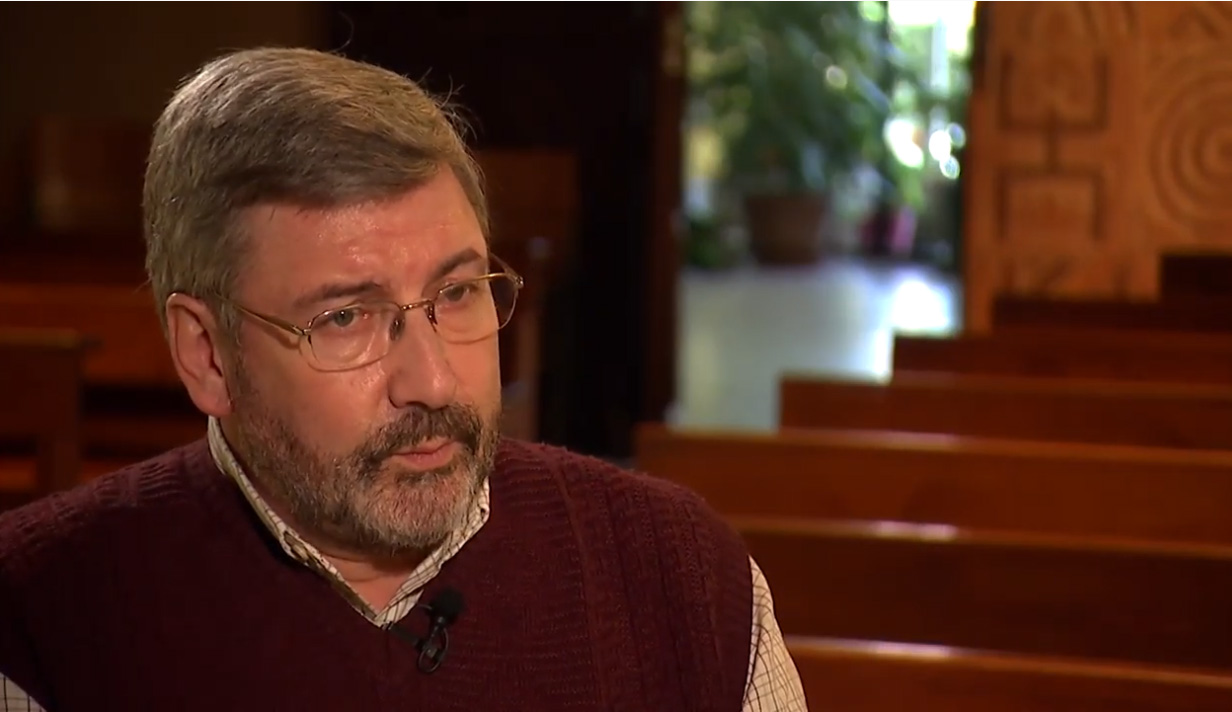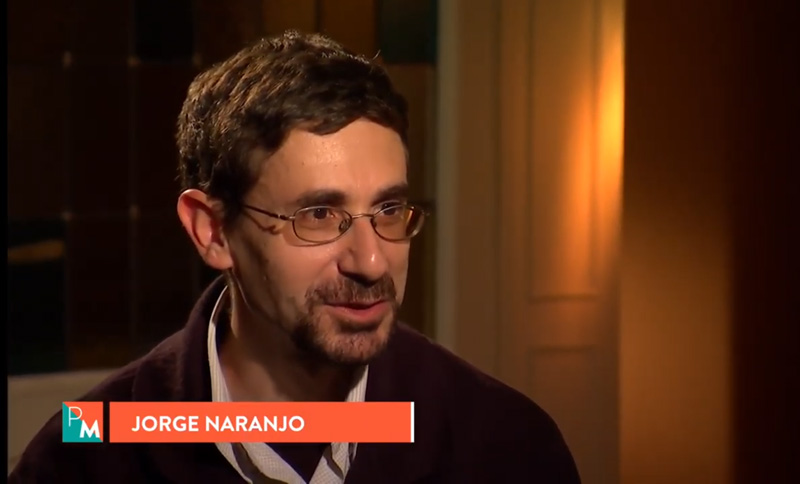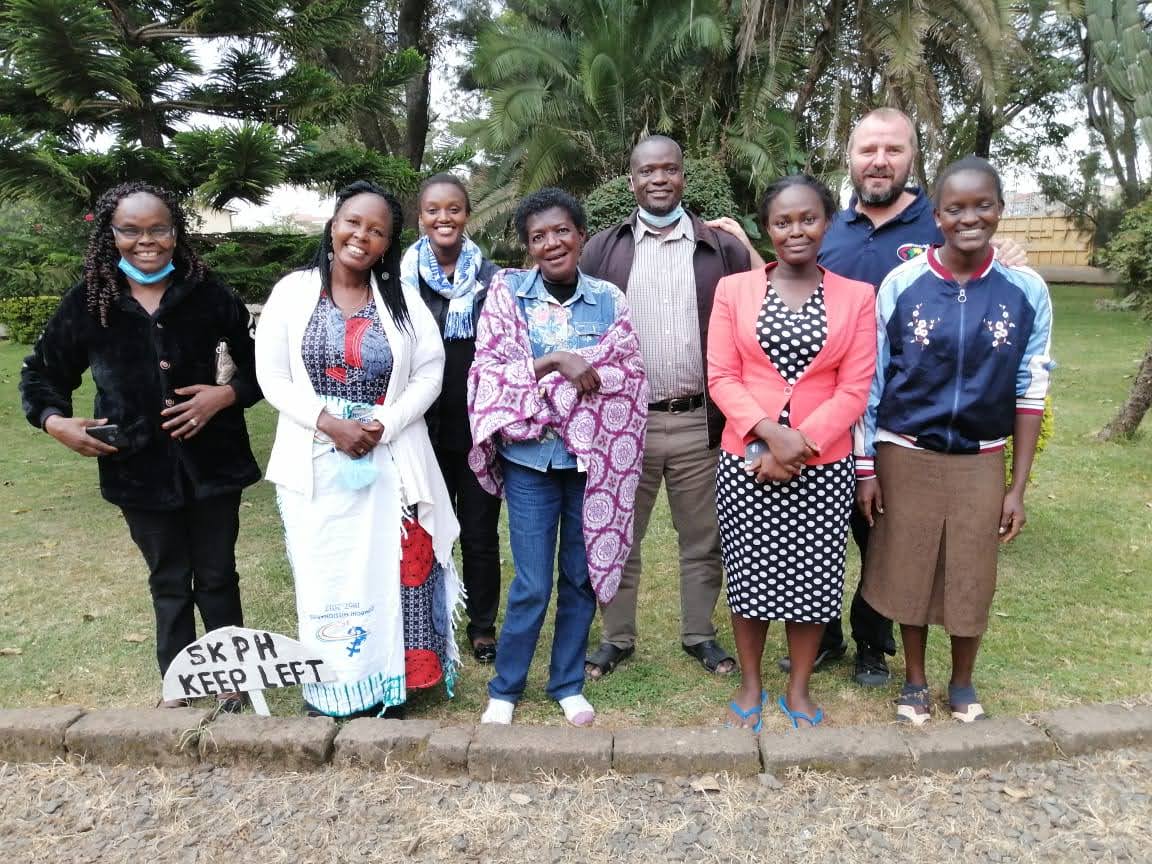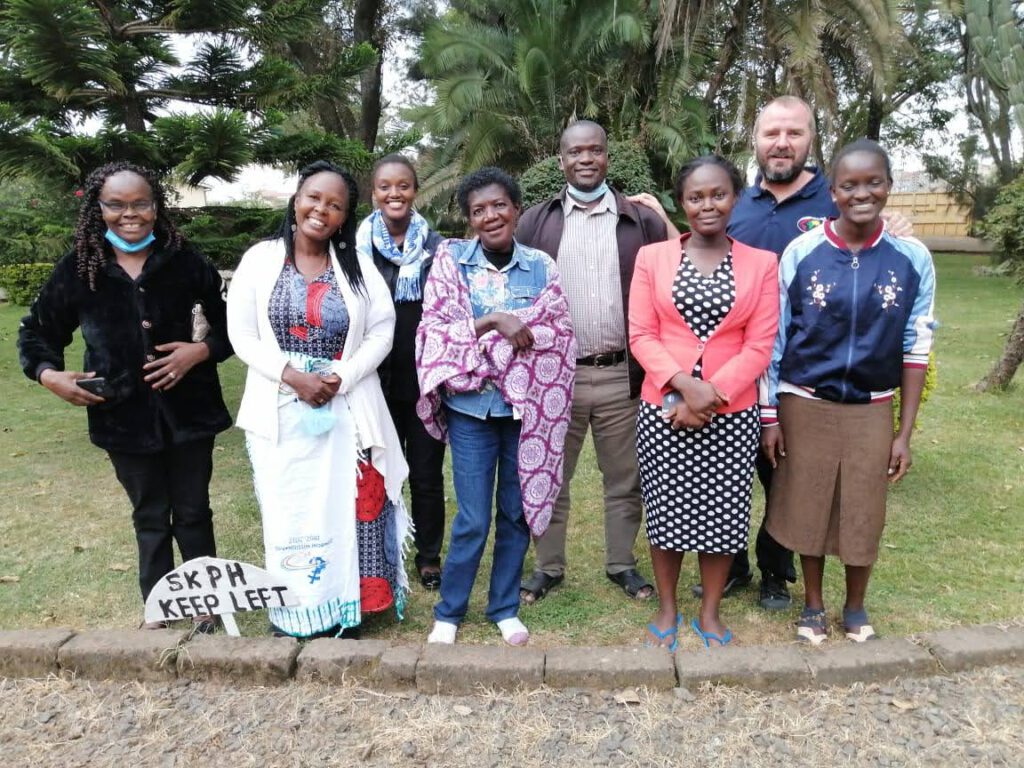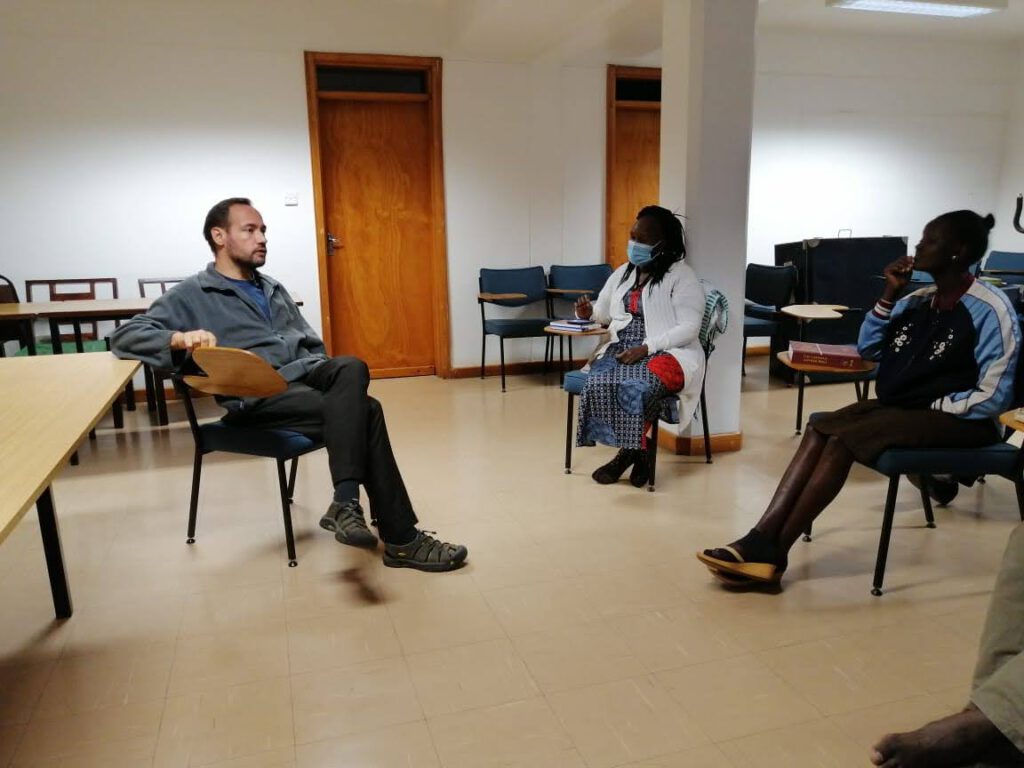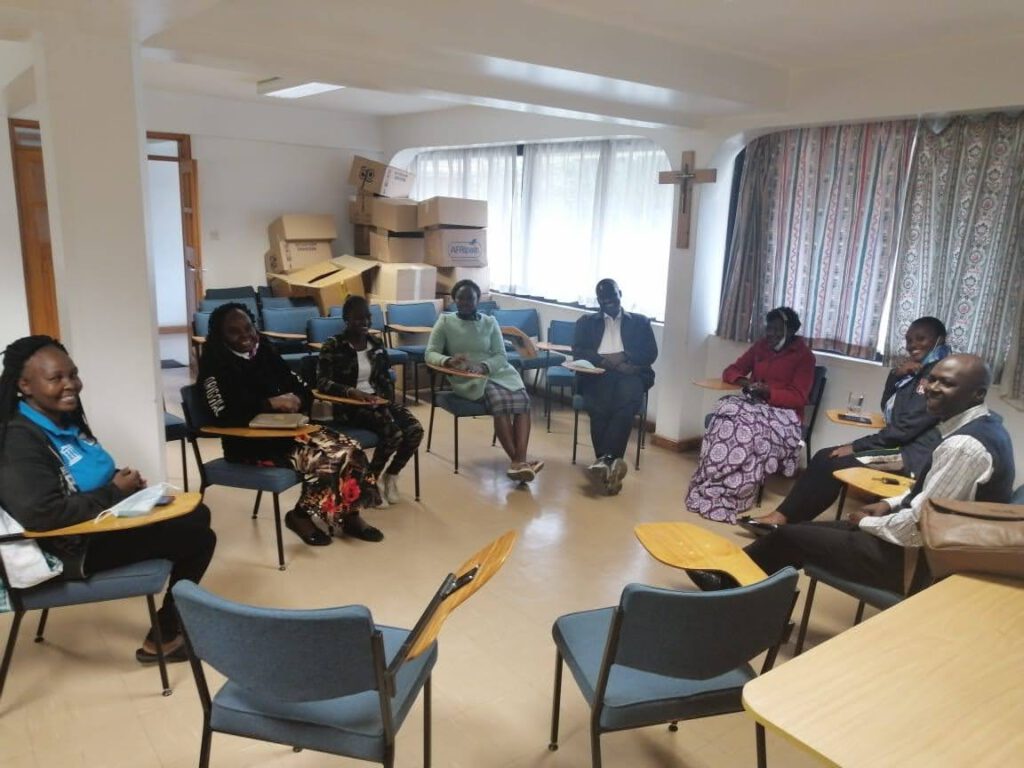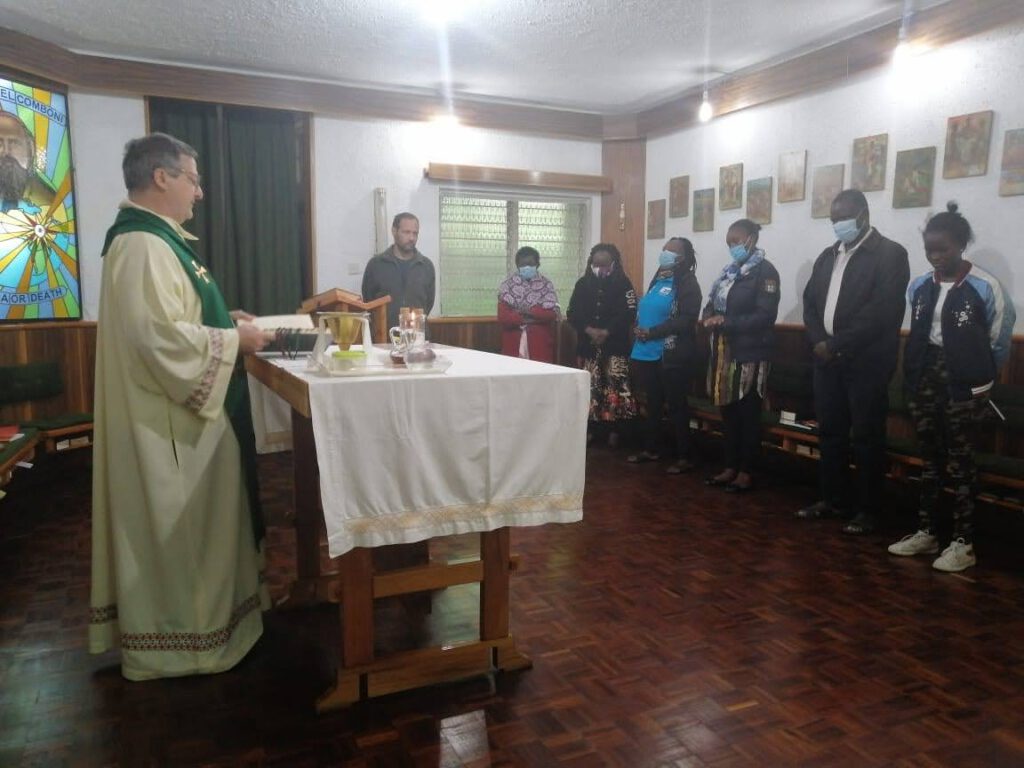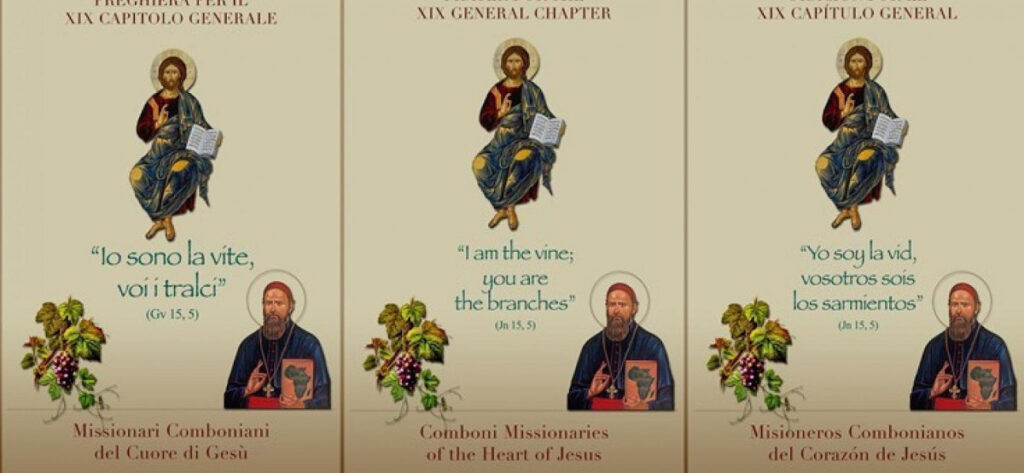
The MCCJ have received the communication from H.E. Mons José Rodriguez Carballo, Secretary of the Congregation for Institutes of Consecrated Life and Society of Apostolic Life (CIVCSVA) – Prot 5191 of 20.7.2021, that the dicastery grants the postponement of the date of the XIX General Chapter to the dates indicated by us i.e. 1 – 30 June 2022 and the consequent extension of the mandate of the Superior General and his Council. A more detailed letter from the Superior General and his Council will follow on 31.7.2021.
The General Council concluded a few months ago that celebrating the Chapter in pandemic conditions this year would pose serious challenges to its organization. Hosting 60 or more delegates from the four corners of the world in different epidemiological situations and with uncertain vaccination coverage would have made the possibility of its development without interruption and without the risk of having to suspend it very precarious.
In analogy with many other international congregations and after extensive consultation with the delegates of the Chapter, the General Council concluded that it was more prudent to ask the Holy See for permission to postpone it. This permission had been foreseen since last year by the Congregation for Institutes of Consecrated Life. The granting of the permission to postpone the Chapter also leads to the extension of the mandate of government for the ordinary administration of the General Council in office, until the beginning of the Chapter in 2022.
In the meantime, the Council will also follow and facilitate where necessary the preparatory work for the Chapter that the pandemic has hampered in many circumscriptions.




